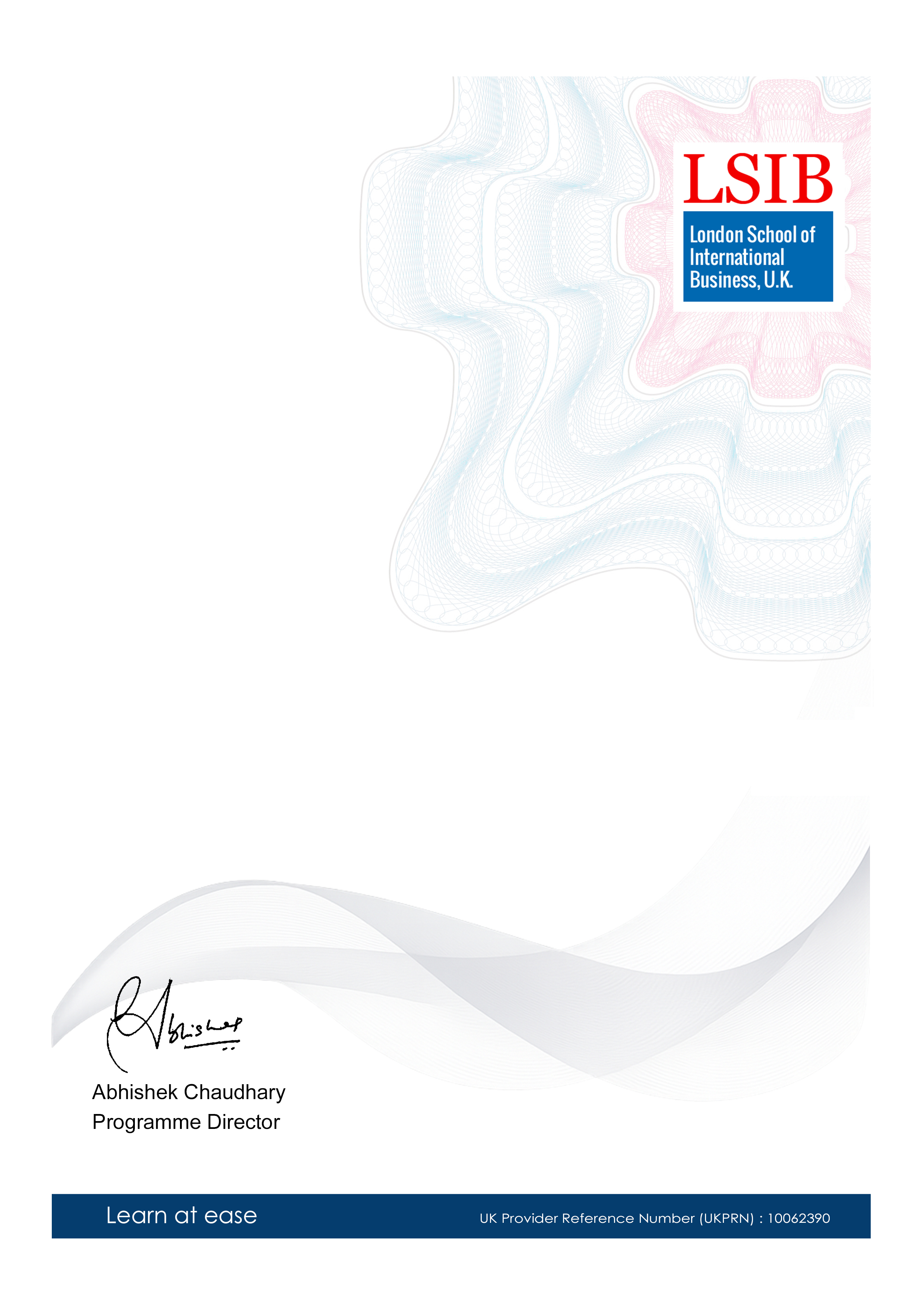Certificate Programme in Geospatial Data for Energy Policy Analysis
-- viewing nowCertificate Programme in Geospatial Data for Energy Policy Analysis equips professionals with essential skills to leverage geospatial data. This program is designed for policymakers, energy analysts, and researchers.
6,402+
Students enrolled
GBP £ 140
GBP £ 202
Save 44% with our special offer
About this course
100% online
Learn from anywhere
Shareable certificate
Add to your LinkedIn profile
2 months to complete
at 2-3 hours a week
Start anytime
No waiting period
Course details
• Fundamentals of Energy Policy and Planning
• Geographic Information Systems (GIS) for Energy Applications
• Data Collection and Management for Energy Analysis
• Spatial Analysis Techniques for Energy Resources
• Remote Sensing for Energy Monitoring and Assessment
• Policy Impact Assessment using Geospatial Tools
• Case Studies in Geospatial Analysis for Energy Policy
• Communicating Geospatial Data Insights to Stakeholders
• Ethical Considerations in Geospatial Data Use for Energy Policies
Career path
Career Roles in Geospatial Data for Energy Policy Analysis
- Geospatial Analyst: Leverages spatial data to analyze energy patterns, helping policymakers make informed decisions.
- Energy Policy Consultant: Provides expert analysis and advice on energy policies, informed by geospatial data insights.
- GIS Specialist: Manages geographic information systems to support energy sector projects and initiatives.
- Data Scientist: Utilizes advanced data analytics to interpret geospatial datasets for energy-related research.
- Energy Systems Modeler: Develops models to simulate energy systems, integrating geospatial data for comprehensive analysis.
Entry requirements
- Basic understanding of the subject matter
- Proficiency in English language
- Computer and internet access
- Basic computer skills
- Dedication to complete the course
No prior formal qualifications required. Course designed for accessibility.
Course status
This course provides practical knowledge and skills for professional development. It is:
- Not accredited by a recognized body
- Not regulated by an authorized institution
- Complementary to formal qualifications
You'll receive a certificate of completion upon successfully finishing the course.
Why people choose us for their career
Loading reviews...
Frequently Asked Questions
Course fee
- 3-4 hours per week
- Early certificate delivery
- Open enrollment - start anytime
- 2-3 hours per week
- Regular certificate delivery
- Open enrollment - start anytime
- Full course access
- Digital certificate
- Course materials
Get course information
Earn a career certificate

